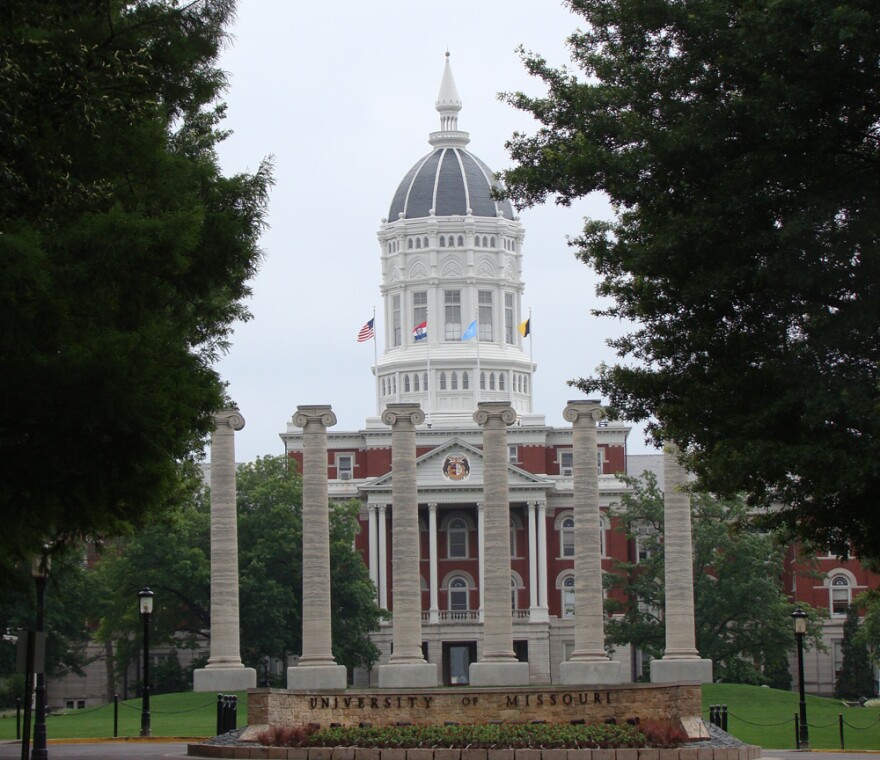MU Vice Chancellor for Research Hank Foley announced the university is adapting a new approach to intellectual property rights on Thursday, May 8.
Before its change in policy, MU refused to forfeit the rights to any intellectual property, or IP, created by faculty members. This rigid ownership often led to disagreements and delays for industry-funded research.
Many businesses wanted ownership of the inventions they were funding, but the university wanted to protect its right to any future revenue that might come from an invention.
Foley said these arguments were often pointless because most industry-funded research does not produce any intellectual property. Based on research he completed at Penn State, only about 8 percent of inventions came from industry-funded projects.
“Statistically, we’re not going to lose anything,” Foley said, who estimated that his previous university made less than $100,000 on industry-funded inventions over a seven year period.
MU’s new policy lets the faculty members make the decision about intellectual property. They now have two options: They can choose to have the university negotiate with the company for ownership of any invention, or they can fill out a new form to waive their rights to any IP produced through their research.
This isn’t MU’s first step in allowing more freedom with IP. In 2009, several journalism students asked the university for the rights to an app they developed for a competition at the Reynolds Journalism Institute. After granting these students full ownership of their product, MU decided all students should have the rights to their inventions. Less than a year later, the Ewing Marion Kauffman Foundation donated $100,000 to the school to continue student entrepreneurship.
“I would not be surprised if the university’s change in stance toward IP made them a much more attractive partner for entrepreneurial projects in the future,” Tony Brown said about the Kauffman Foundation’s donation. Brown was one of the first students who petitioned the university for intellectual property rights.
Journalism professor Mike McKean aided Brown and his teammates in discussions with the university back in 2009. McKean also worked with companies like Apple and Adobe to create partnerships at the Missouri School of Journalism. He said the revenue that might come from industry-funded inventions is not as beneficial as the research itself.
“Ultimately, if we bring more successful inventions, products and services to the world, not only will the public benefit but the university will benefit from money that comes back as donations and gifts to support us because we have that entrepreneurial climate,” McKean said.


